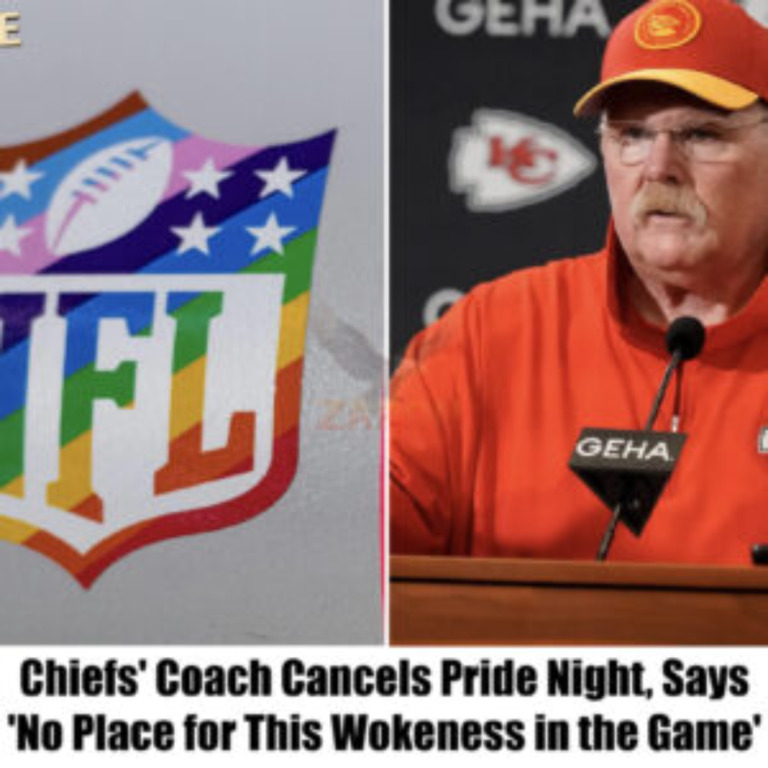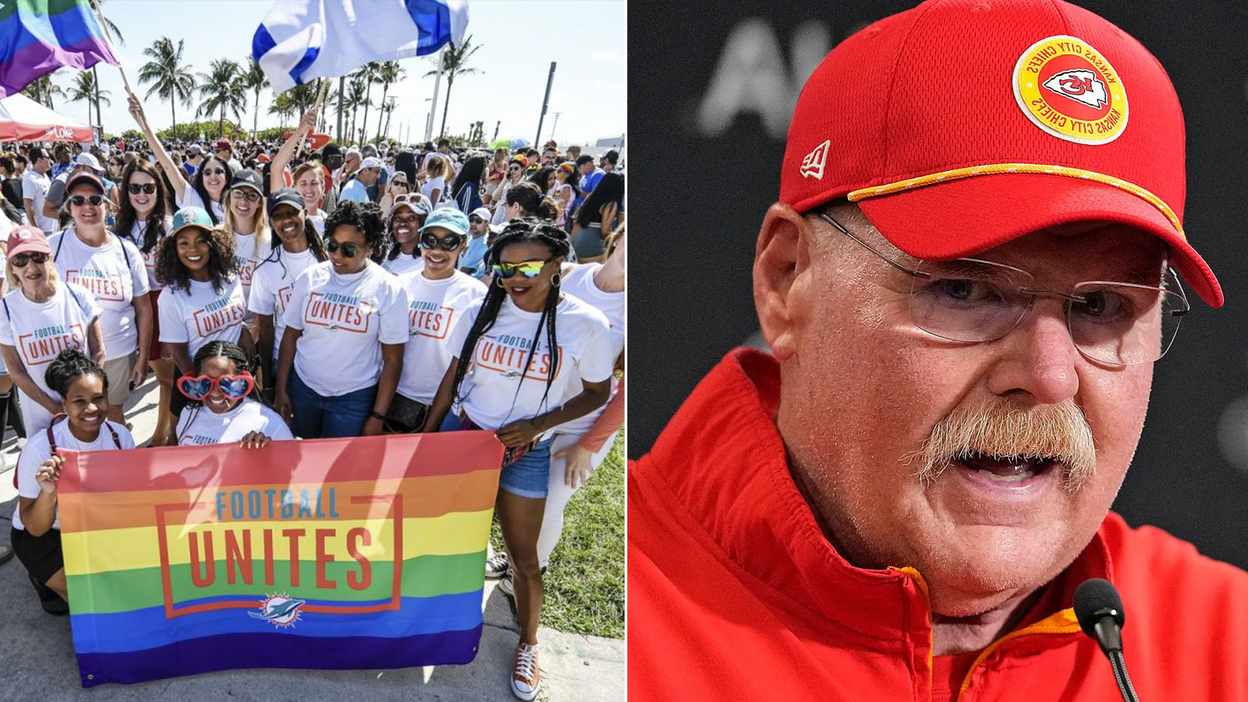
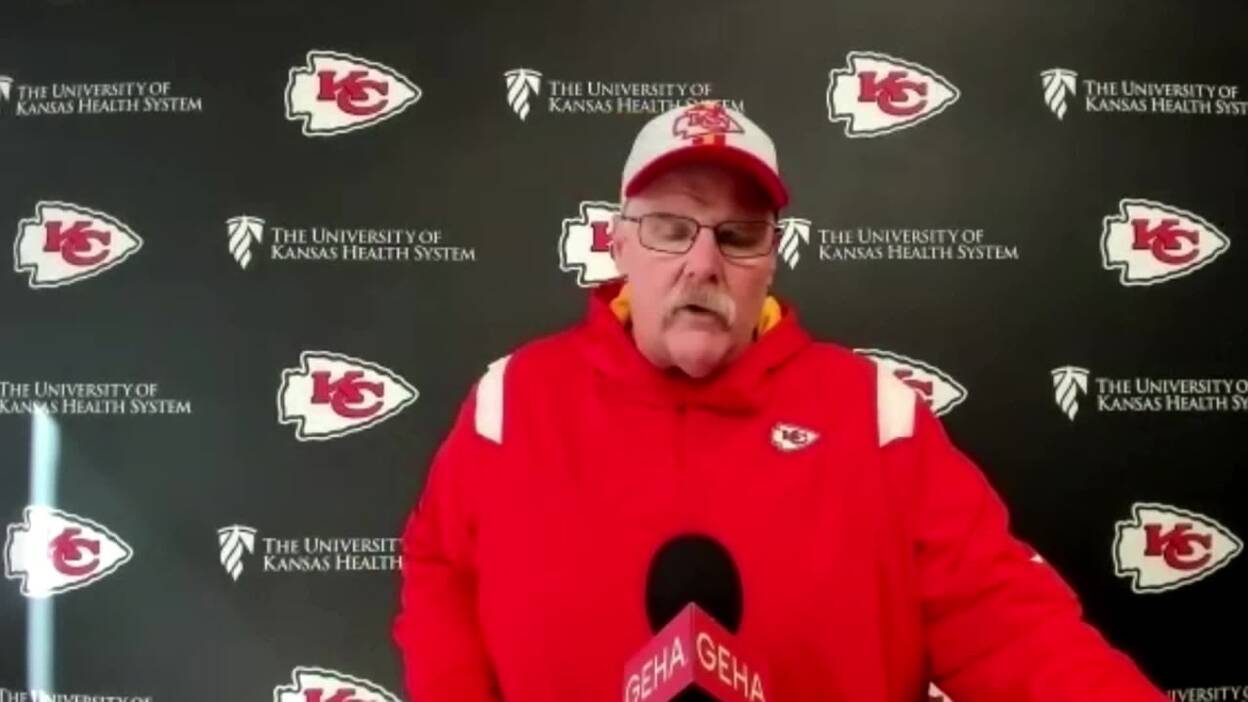
Pride Night has become a staple for many professional sports teams, serving as an opportunity to celebrate and support the LGBTQ+ community. Events like these often feature special promotions, merchandise, and community engagement activities that aim to foster an inclusive environment. For the Chiefs, the decision to forgo such an event is seen by some as a step back in efforts to create a welcoming atmosphere for all fans. Many argue that sports should be a unifying force that transcends divisions, and events like Pride Night play a crucial role in that mission.
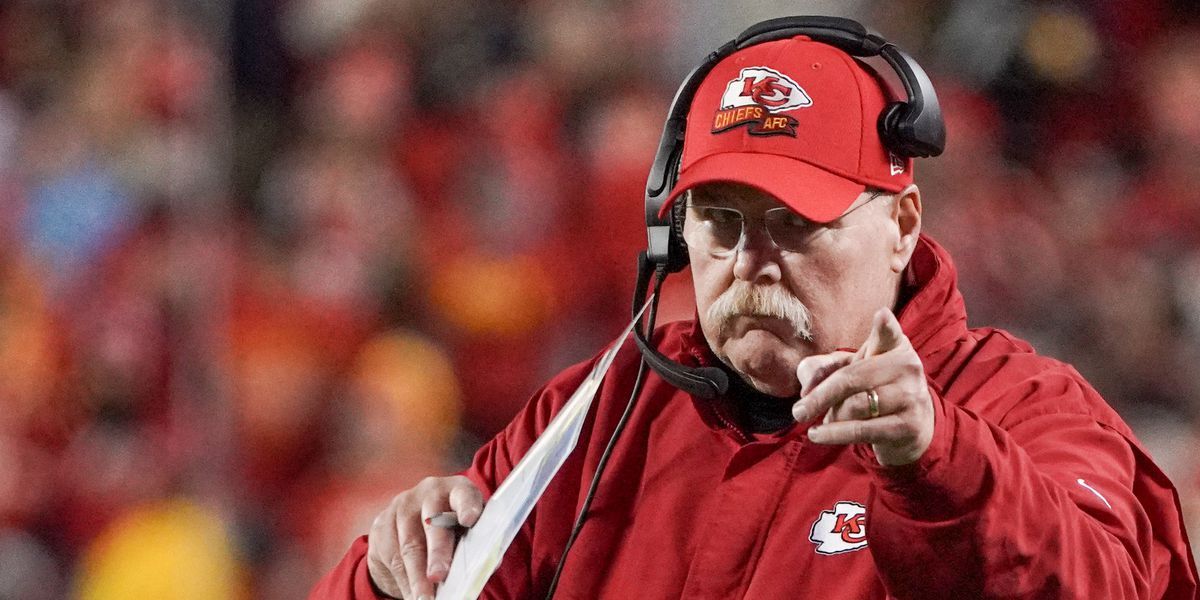
Opponents of the Chiefs decision argue that it reflects a troubling trend in professional sports, where teams may prioritize political ideology over inclusivity. Critics have voiced concern that by rejecting Pride Night, the Chiefs are missing an important opportunity to stand in solidarity with the LGBTQ+ community. This community has historically faced discrimination and marginalization, and visibility in mainstream culture, including sports, can significantly impact social acceptance and support.
Supporters of the Chiefs stance contend that the concept of a woke agenda reflects a larger societal push that they believe often prioritizes ideological conformity over individual freedoms and beliefs. They argue that such initiatives can feel imposed rather than organic and that organizations should not be pressured to host events that align with specific political or social movements. In this view, the refusal to host Pride Night is framed not as an act of exclusion, but rather as a defense of personal values and freedom of choice.
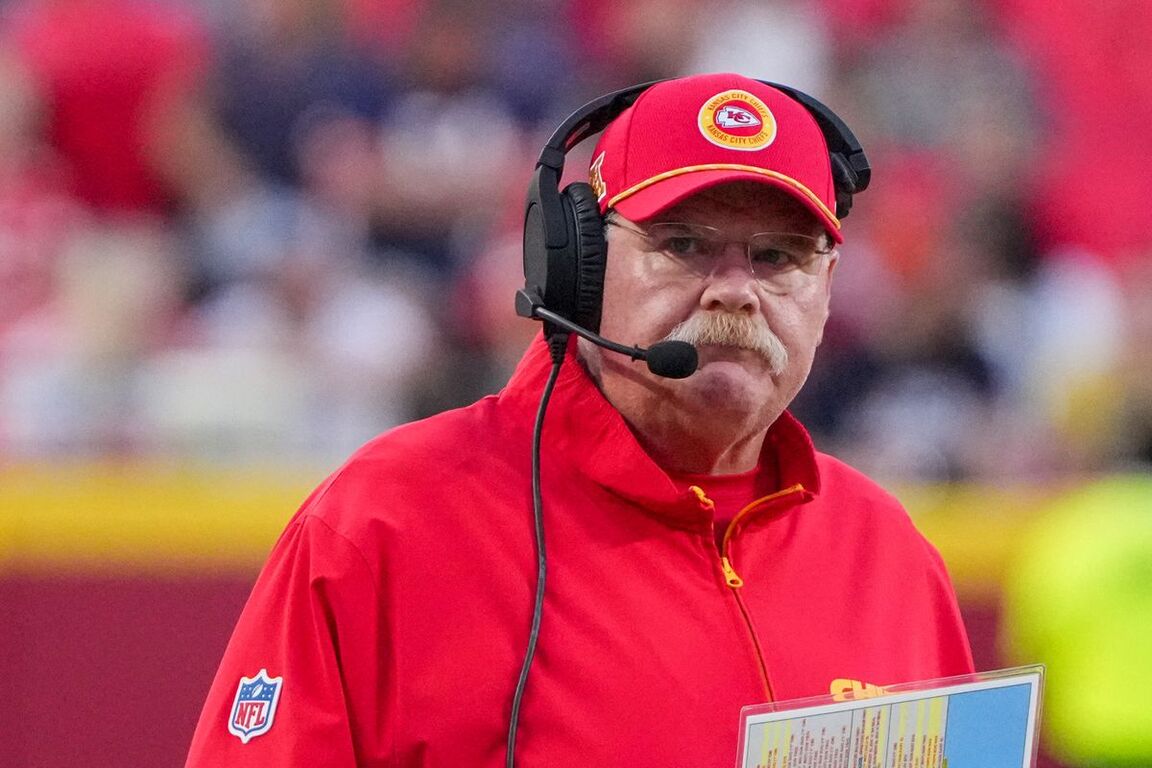
The backlash from LGBTQ+ advocates has been swift. Many have expressed disappointment and frustration, emphasizing the importance of visibility and representation in all areas of society, including sports. The lack of a Pride Night can be perceived as a denial of the struggles and rights of LGBTQ+ individuals, particularly in a cultural landscape that increasingly values diversity and inclusion. Advocates argue that the message sent by the Chiefs can have real-world consequences, potentially leading to a sense of alienation among fans who identify as LGBTQ+ or who support LGBTQ+ rights.
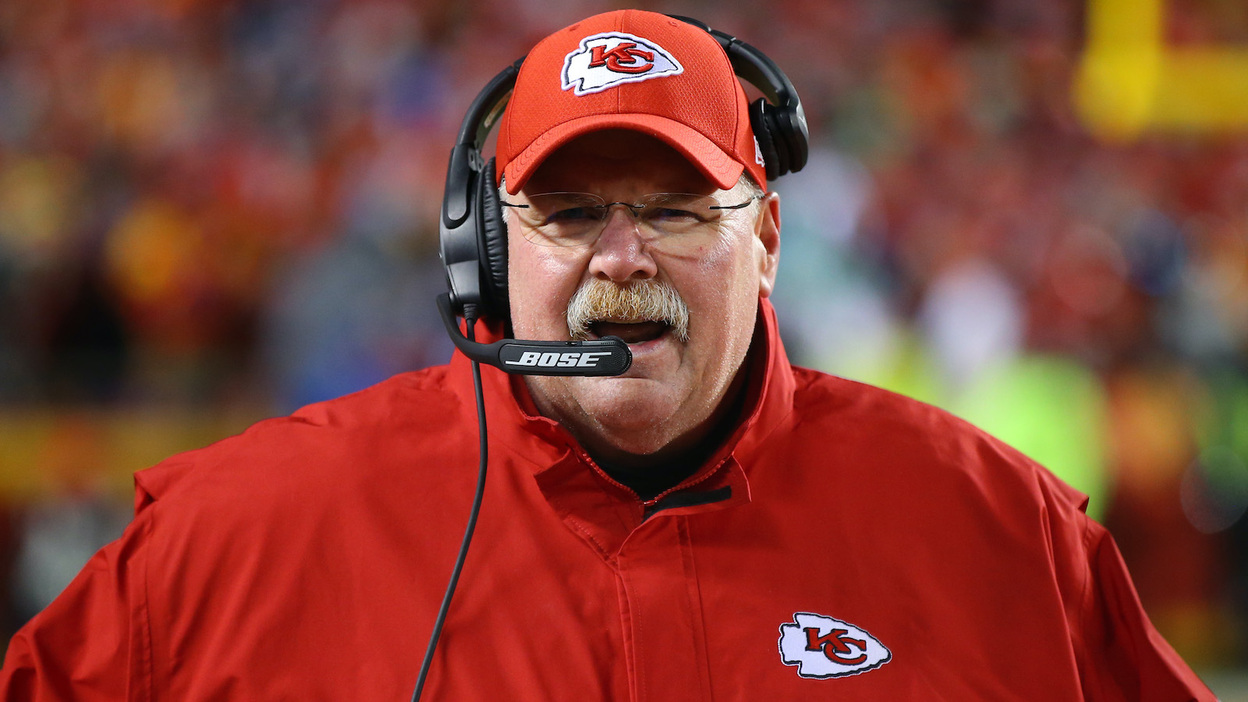
This incident also highlights a growing divide in American society regarding issues of identity, representation, and social justice. As many organizations embrace initiatives aimed at promoting equality, others are pushing back against what they see as an encroachment of political correctness into their spaces. This tension is not limited to the NFL; it resonates across various sectors, including education, corporate culture, and community organizations.
The NFL, as a high-profile league with a diverse fanbase, is often at the forefront of these discussions. Teams have increasingly taken stances on social issues, from player protests during the national anthem to support for various social movements. The Chiefs refusal to host Pride Night stands in contrast to these trends, raising questions about the future direction of sports culture and the role of franchises in social activism.
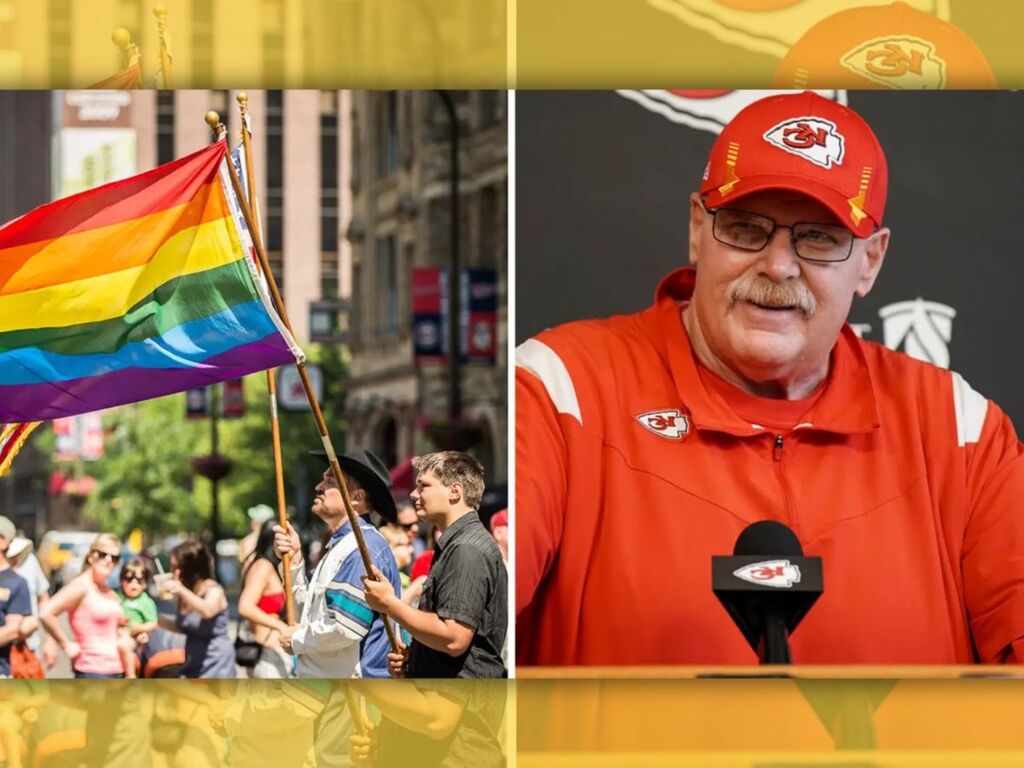
In the wake of the Chiefs announcement, discussions surrounding the implications for their fanbase are likely to continue. For some fans, the decision may reinforce loyalty to the teams stated values, while for others, it may prompt a reevaluation of their support. The impact on attendance, merchandise sales, and overall team morale could be significant, especially in a climate where younger generations increasingly prioritize social responsibility in their consumer choices.
As the dialogue continues, the Chiefs decision serves as a touchpoint for larger societal issues. It reflects the complexities of navigating cultural identity in a polarized landscape and underscores the importance of dialogue and understanding across differing viewpoints. In a world where sports often intersect with social movements, the decisions made by teams can resonate far beyond the field, influencing community dynamics and individual identities.
In conclusion, the Kansas City Chiefs refusal to host a Pride Night, citing a woke agenda, has ignited a multifaceted debate about inclusivity, identity, and the role of sports in social issues. As the conversation evolves, it will be important for organizations, fans, and advocates to engage in constructive dialogue to navigate these complex issues in a way that promotes understanding and respect for all.
